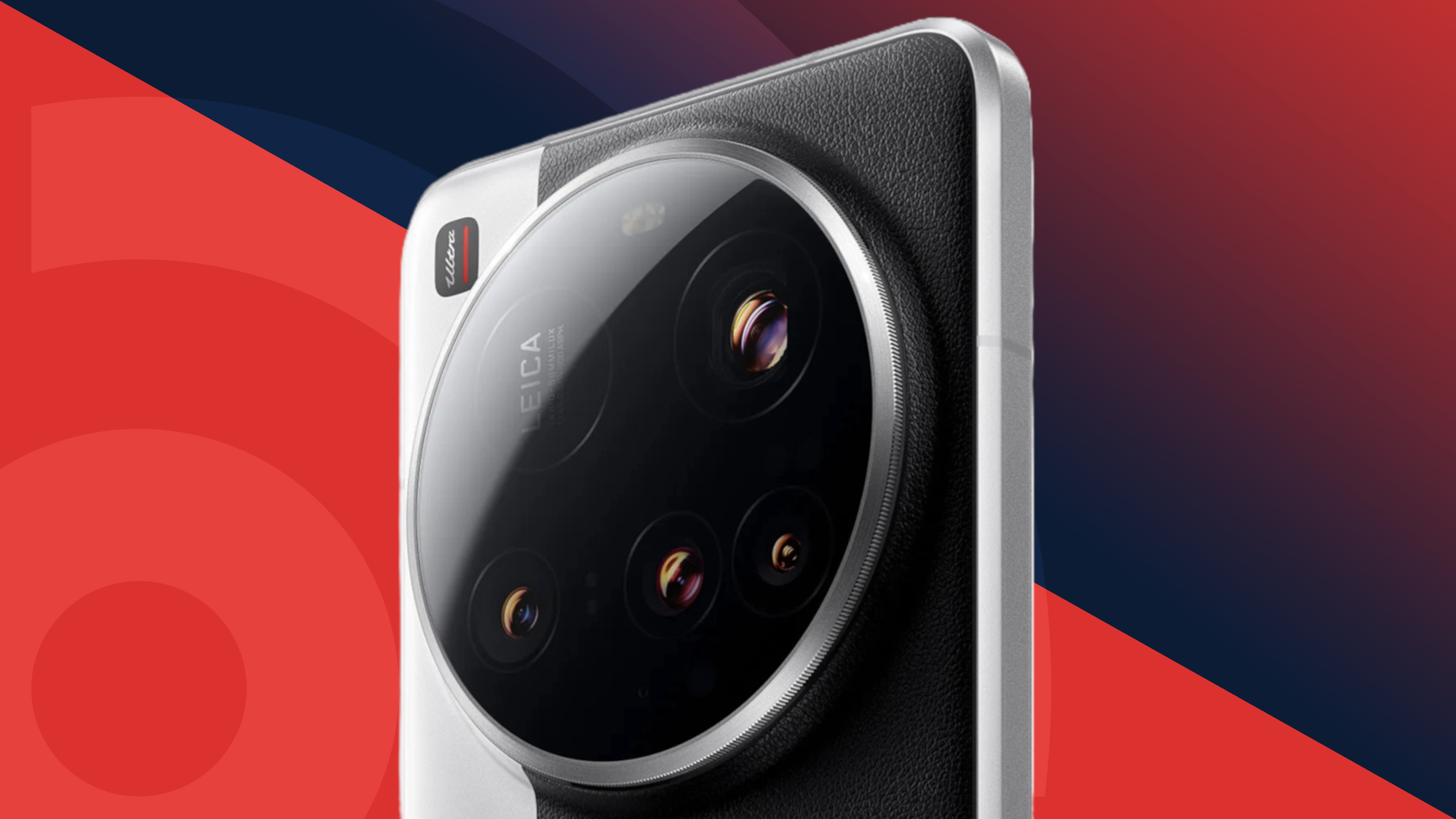
The best Xiaomi phones have come a long way. In the past, their excellent build quality and great cameras made them some of the best-value handsets on the market, but these days, top-end Xiaomi phones are attractive alternatives to the best iPhones, best Samsung phones, and best Pixel phones.
We've reviewed almost all of the top Xiaomi models, so we can help you find the best Xiaomi phone for your needs. The Xiaomi 15 Ultra occupies our current top spot thanks to its exceptional performance and truly unique cameras, but if you're after something more affordable, you should consider the highly capable Xiaomi Poco X7 Pro. For foldable fans, the Xiaomi Mix Flip is a great option.
We've tested over 1,000 phones since 2005, so you can be confident that our recommendations are based on expert knowledge, in-depth analysis, and intelligent comparisons between Xiaomi phones and devices from rival phone-makers. Below, we've rounded up the best Xiaomi phones in 2025.
The best Xiaomi phones 2025
Why you can trust TechRadar
Best overall Xiaomi phone
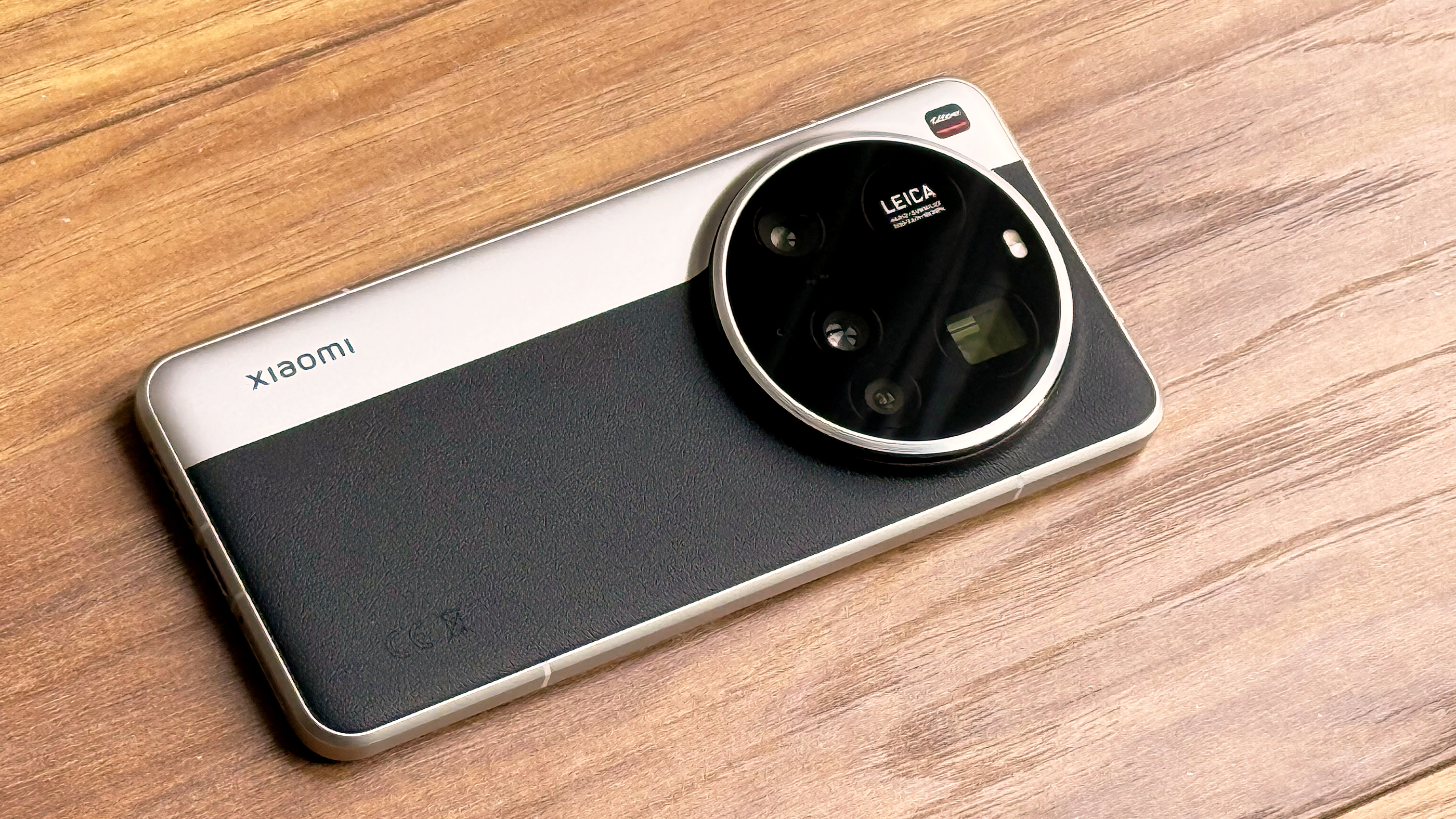
Specifications
Reasons to buy
Reasons to avoid
The Xiaomi 15 Ultra is among the best camera phones we've ever tested, and as Xiaomi phones go, it's the best model overall.
This all-singing, all-dancing flagship bears all the hallmarks of a top-end Android phone in 2025. It's got a superfast Snapdragon 8 Elite chipset, a 6.7-inch AMOLED display, an IP68 water resistance rating, and a long-lasting 5,410mAh battery, not to mention 16GB of RAM (that's more than you'll find on many of the best phones, period).
But the real selling point of the Xiaomi 15 Ultra, just like its predecessor, the Xiaomi 14 Ultra, is its absolutely huge rear camera module, which is even bigger on this year's edition. A Leica-branded, 1-inch, 200MP periscope camera occupies the entire top half of the phone’s rear module, with a 50MP main, a 50MP telephoto, and a 50MP wide camera sitting below it.
These cameras use a mix of Sony and Samsung sensors, and in our testing of the 15 Ultra, we found that they deliver some of the most authentic-looking images you can muster on a smartphone. Indeed, Xiaomi promises “unparalleled professional-grade photography" with this device, and that proved largely accurate in our experience.
These are all mightily impressive specs that put the Xiaomi 15 Ultra on par with the Samsung Galaxy S25 Ultra and iPhone 16 Pro Max. You'll have to reckon with Xiaomi's bloatware-filled HyperOS interface, but once you've done some spring cleaning, the Xiaomi 15 Ultra's software can offer a truly personal experience.
Read our full Xiaomi 15 Ultra review
Best Xiaomi phone for most people
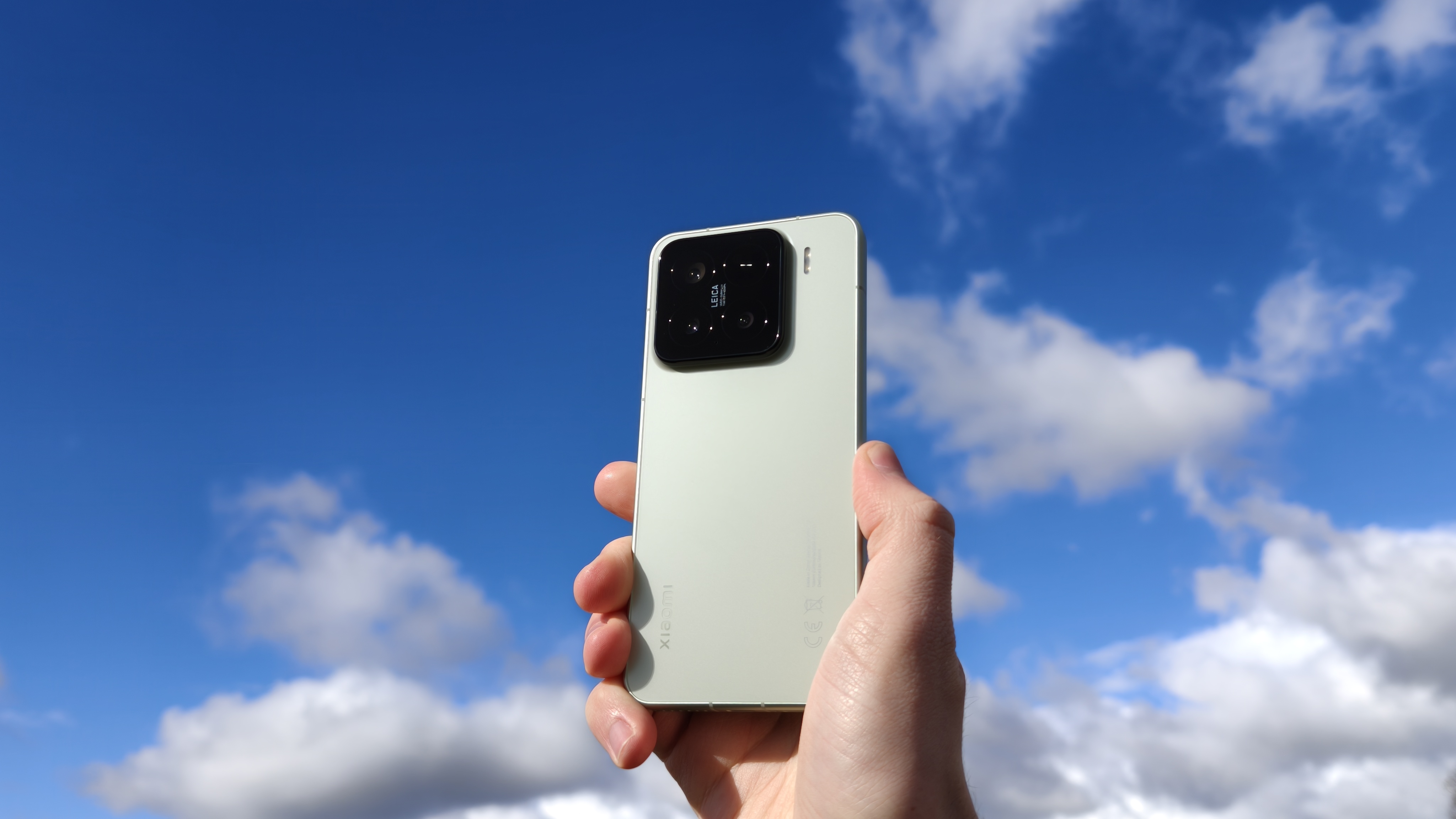
Specifications
Reasons to buy
Reasons to avoid
As great as the Xiaomi 15 Ultra is, the standard Xiaomi 15 is a better all-round choice if you're not too fussed about owning one of the best camera phones. It's significantly cheaper and offers comparable performance specs, as well as a more wieldy design than its uber-premium sibling.
Incidentally, the equally impressive Xiaomi 14 is still on sale as new from Xiaomi directly (and for a little bit cheaper than the Xiaomi 15), but with its newer successor now out in the wild, we suspect that stock for that older model won't last long.
In sharing a Snapdragon 8 Elite chipset with its premium sibling, the Xiaomi 15 is a compact powerhouse, and has more than enough clout to handle demanding gaming and productivity tasks. As we noted in our review, "the Snapdragon 8 Elite chipset and 12GB of RAM sitting under the screen ate everything [we] threw at it and left no crumbs [...] the chipset really does live up to the hype, and Xiaomi is clearly making the most of its power and efficiency."
On the cameras front, you won't get the Ultra's (quite frankly ridiculous) 200MP periscope lens, but you do still get a 50MP main camera, a 50MP ultra-wide, and a 50MP telephoto. The Xiaomi 15's camera system prioritizes balance and takes excellent photos, and there are two Leica shooting modes to choose from – Leica Authentic and Leica Vibrant.
The Xiaomi 14 sports a larger 5,240mAh battery than its predecessor, and its charging capabilities remain equally impressive, at 90W wired and 50W wireless.
If we've any criticisms of the Xiaomi 15, it's the phone's conspicuous (albeit ergonomic) design and Xiaomi's shorter update commitment compared to its rivals. You'll get four years of OS updates and five years of security updates with the Xiaomi 15, which isn't bad by any means, but it's not as much as, say, Apple, Samsung, or Google offers for their respective flagships.
Read our full Xiaomi 15 review
Best value Xiaomi phone
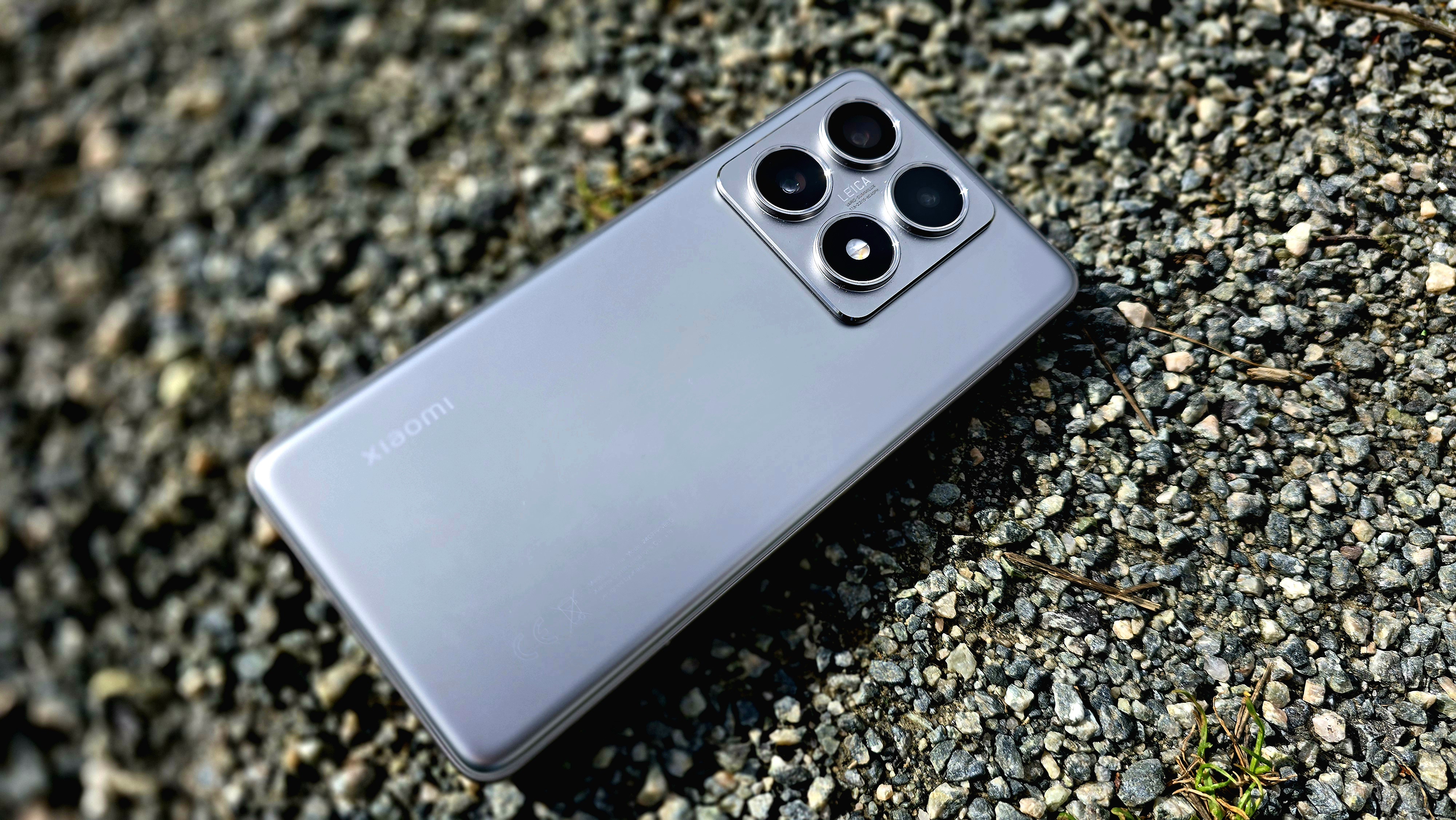
Specifications
Reasons to buy
Reasons to avoid
If you'd rather not stretch your budget to the aforementioned Xiaomi 15 Ultra, but still want a relatively large Xiaomi phone with plenty of firepower, then the 6.67-inch Xiaomi 14T Pro is an excellent option in 2025.
Until recently, the Xiaomi 13 occupied the 'best value' slot in our best Xiaomi phones guide, but the newer Xiaomi 14T Pro offers better cameras, more RAM, and a bigger battery than its flagship predecessor, all for a significantly smaller asking price.
In fact, we said the 14T Pro "sits comfortably near the top of a growing tree of mid-range phones" in our review, praising its "much-improved build" (versus the 13T Pro), "seriously impressive display," and "performance that puts even the most premium flagships in a spot of bother." High praise indeed.
This phone's lightning-fast speeds are made possible by the presence of a MediaTek Dimensity 9300 Plus chipset, which scored only just under the Snapdragon 8 Gen 3-equipped Samsung Galaxy S24 Ultra in our benchmark tests. When paired with 12GB of LPDDR5X RAM, it's a formidable mobile brain.
The 14T Pro's cameras are decent, too, if not totally consistent, with our reviewer noting that "the [photographic] results you get are often some of the most stunning among mid-range competitors."
Sure, the 14T Pro overheats on occasion, and yes, its design is a total fingerprint magnet, but if you can stomach those concessions, you're getting a whole lot of phone here for not very much money. If you're willing to concede even more premium features, the standard Xiaomi 14T is cheaper still.
Read our full Xiaomi 14T Pro review
Best budget Xiaomi phone
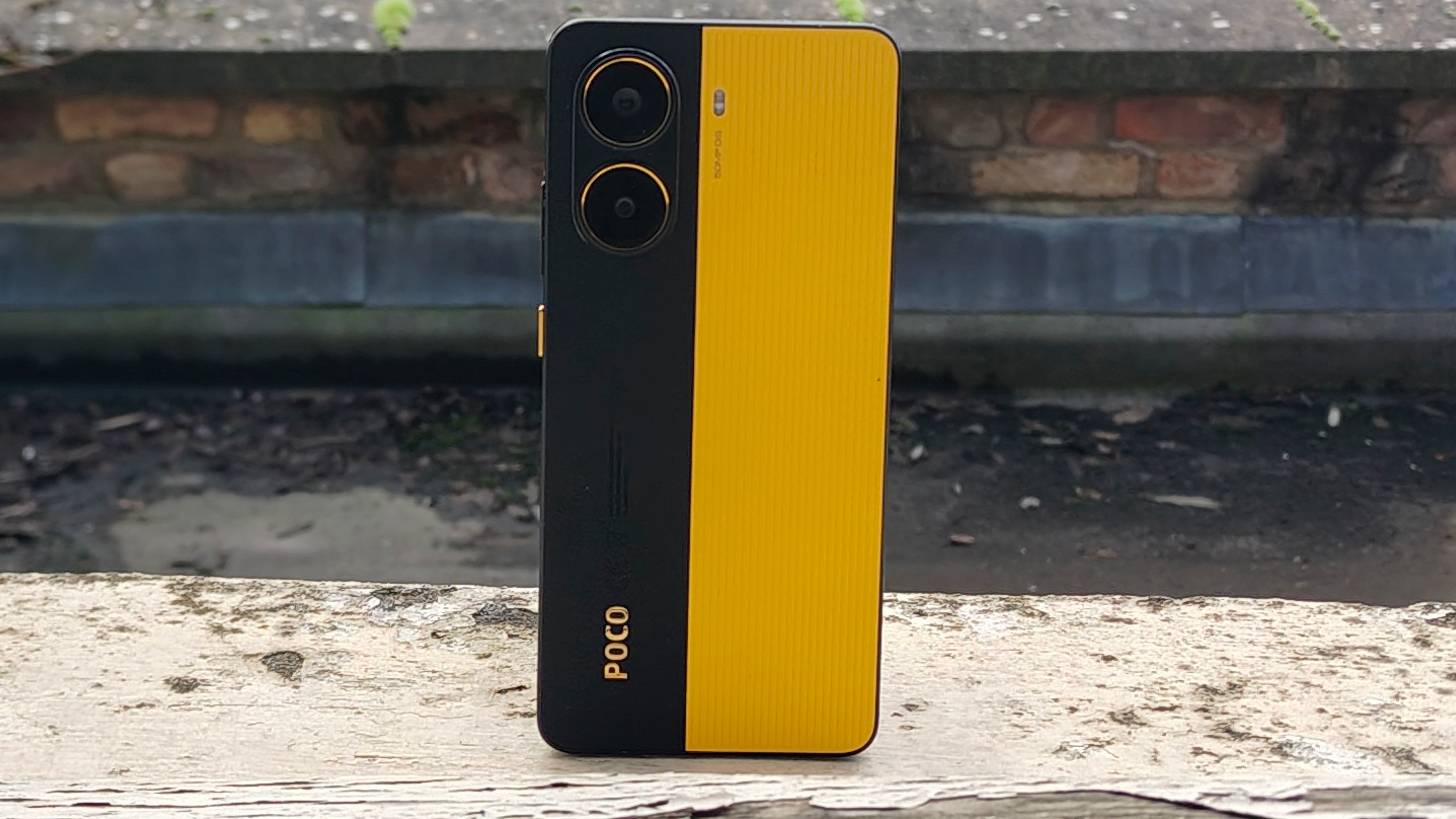
Specifications
Reasons to buy
Reasons to avoid
For true budget-conscious buyers, the Poco X7 Pro is the Xiaomi phone we recommend. Described as "one of the best-value cheap phones you can buy" in our Xiaomi Poco X7 Pro review, the Poco X7 Pro holds its own against more expensive midrange rivals from the likes of OnePlus and Google, and it's continually being updated with new features, too.
The biggest selling point of the Poco X7 Pro is its battery life. During testing, we managed to squeeze two days of casual use from the phone's almighty 6,000mAh cell, which is comparable to the performance you'll get from flagships like the iPhone 16 Plus and Honor Magic 7 Pro. Seriously, this thing is an endurance behemoth.
Beyond its impressive battery life, the Poco X7 Pro boasts near-flagship-level performance courtesy of its Mediatek Dimensity 8400 Ultra, and you're given a choice of two RAM capacities: 8GB or 12GB.
We were less impressed with the phone's 50MP wide and 8MP ultra-wide cameras, but Xiaomi is promising to enhance Poco X7 Pro's camera credentials with a suite of photography-focused AI features later in 2025.
Read our full Xiaomi Poco X7 Pro review
Best foldable Xiaomi phone

Specifications
Reasons to buy
Reasons to avoid
Xiaomi has long been experimenting with the foldable form factor (see the Xiaomi Fold series), but the Xiaomi Mix Flip marks the company's first internationally available foldable, as well as its first flip-style foldable.
Packing a vibrant 6.86-inch 120Hz display, as well as the supremely powerful Snapdragon 8 Gen 3 chipset and a long-lasting battery, the Mix Flip rivals the Samsung Galaxy Z Flip 6 and Motorola Razr Plus (2024) in all the areas that matter.
Its cameras, too, are some of the best we've ever tested on a foldable. You'll get a 50MP wide lens and a 50MP telephoto lens, which makes a change from the wide-plus-ultra-wide combo we're used to seeing from phones with only two lenses.
If we've two criticisms of the Mix Flip, it's the phone's misguided software choices (or rather, Xiaomi's) and its lack of protection against dust and water ingress. That said, if you're already looking through this list, you're clearly familiar (and comfortable with) Xiaomi's cluttered HyperOS interface.
Read our full Xiaomi Mix Flip review
FAQs
How to choose the best Xiaomi phone for you
Xiaomi makes a wide range of handsets, so there will almost certainly be at least one model that you'll be happy with, but there are a number of things you should consider when making your choice.
The first is how much you want to spend – obviously, with a bigger spend, you'll get more consistently high-end specs, so if you're spending less, then you need to work out what you can live without.
In terms of specs, the main things to look out for include power, which is especially important if you plan to play many games on your phone. Cameras are obviously important if smartphone photography matters much to you, and good battery life could benefit anyone – but if the phone charges fast, that could go some way to making up for worse endurance.
Screen size is more subjective – some people want a large screen, as this is better for watching videos on, and gives you more space to interact with apps. But it also makes the phone bigger, heavier, and harder to use with one hand. Regardless of size, though, a high resolution and refresh rate can be beneficial.
So, weigh up which of those things matter most to you, and choose accordingly. Or, go for a flagship and potentially tick every box – at a price.
Are Xiaomi phones better than Samsung phones?
Each year, Xiaomi's flagship phones feel more and more like Samsung rivals – the Xiaomi 15 is the best example yet, as it's a compact flagship like the Galaxy S25.
Samsung and Xiaomi flagships have slight differences, though – for instance, Xiaomi phones offer faster charging while Samsung phones have more powerful software – so your preferences will depend on what you're looking for.
That's the case for budget phones, too. While Samsung's Galaxy A phones give you great displays on a budget, we'd say Poco devices are more powerful and Redmi handsets are better for photography.
Is Xiaomi a good brand to buy?
We've been big fans of Xiaomi phones since the brand started selling them in the West, and if you're looking for a new phone, we'd definitely recommend checking out their offerings.
Like all brands, Xiaomi has misses as well as hits, and not all of their devices are great. There are sometimes duds in the flagship line, with handsets that are too expensive for their own good, or in the low-end, models with features that don't totally work.
But, on this list of the best Xiaomi phones, you're obviously going to find the best ones we've tested.
Do Xiaomi phones have Google apps?
Good question – yep, all Xiaomi phones come with Google Mobile Services, so they have Maps, Pay, the Play Store and more installed. That also means you can download plenty more apps – you're getting a decent Android experience here.
In fact, Huawei and Apple are the only companes which sell phones without the Play Store – and obviously Apple has the App Store, so it's fine.
One thing to note, though: even Android phones don't use Google apps in China, where other options are preferred by consumers. So, if you an import a Xiaomi phone from China, you might find it doesn't have the Google Mobile Services – saying that, this list only includes devices that are on sale in the West, so you don't need to worry about that.
How we test
To come up with this list of the best Xiaomi phones, we tested every included model, in most cases using them for a week or more. That testing included using the camera, pushing the processor with high-end games, multitasking, seeing how long the battery lasts – and how fast it charges – and living with each phone as our main handset during the test period.
So, all that leaves us with an excellent idea of exactly how each Xiaomi phone performs, and it also allows us to compare each model to other Xiaomi handsets and the wider smartphone market.
Using that information – and factoring in the price, too – we then worked out which phones were worthy of inclusion and how they should rank.
Get daily insight, inspiration and deals in your inbox
Sign up for breaking news, reviews, opinion, top tech deals, and more.

Axel is TechRadar's UK-based Phones Editor, reporting on everything from the latest Apple developments to newest AI breakthroughs as part of the site's Mobile Computing vertical. Having previously written for publications including Esquire and FourFourTwo, Axel is well-versed in the applications of technology beyond the desktop, and his coverage extends from general reporting and analysis to in-depth interviews and opinion. Axel studied for a degree in English Literature at the University of Warwick before joining TechRadar in 2020, where he then earned an NCTJ qualification as part of the company’s inaugural digital training scheme.